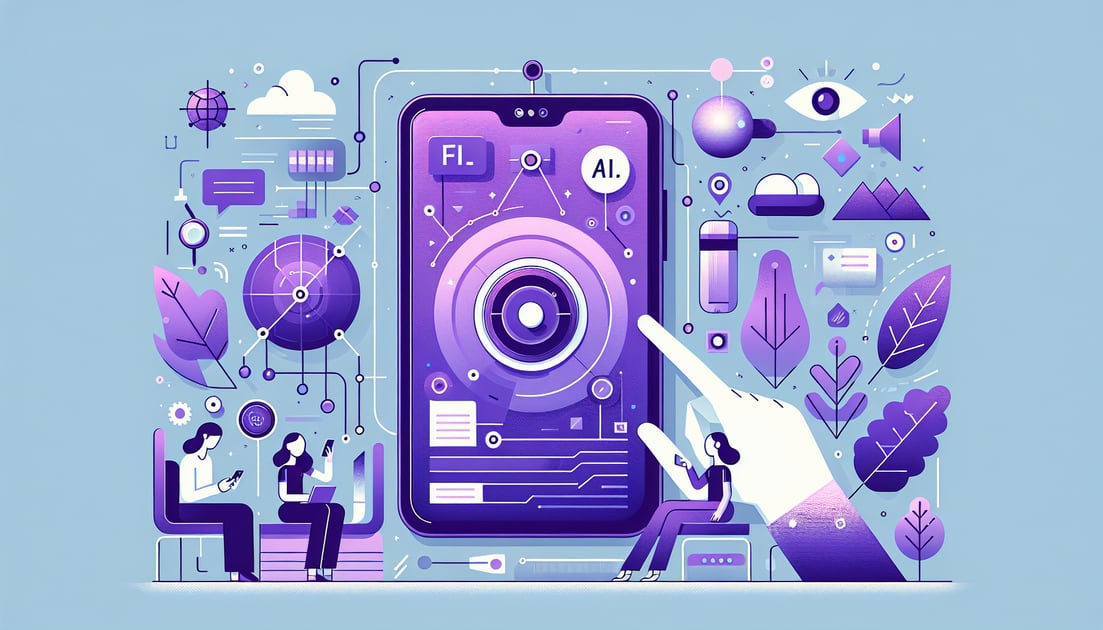
Exploring Cutting-Edge AI Trends: Designs, Developments, and Debates
In the swiftly evolving field of artificial intelligence, 2025 has already marked several groundbreaking developments that could shape technology usage and societal interactions in unprecedented ways. We will explore the latest from key industry players including changes to OpenAI's GPT models, Meta's deep dive into AI-driven advertising, and more.
Jony Ive's New AI Endeavor
Ex-Apple designer Jony Ive has been reported to make a significant re-entry into the tech scene with an innovative AI device that proposes post-smartphone era solutions. While details remain scarce, the industry is buzzing with speculation about how Ive's legendary design expertise might merge with cutting-edge artificial intelligence to introduce entirely new product categories. According to recent industry reports, this project represents a fundamental rethinking of human-device interaction beyond traditional smartphone interfaces.
The collaboration hints at a future where AI-powered devices prioritize intuitive design over complex functionality, potentially revolutionizing how we interact with technology in our daily lives. Industry experts suggest that Ive's approach to minimalist, user-centered design could address current AI usability challenges that plague many existing smart devices.
OpenAI's Progressive AI Tools
In another fascinating development, OpenAI has introduced several pivotal enhancements to its AI agent framework, specifically aimed at enriching the application development environment. These comprehensive updates are expected to dramatically improve the models' efficiency while integrating more advanced features, potentially revolutionizing sectors ranging from interactive gaming to predictive analytics.
The latest OpenAI developments focus particularly on making AI agents more accessible to developers without extensive machine learning backgrounds. This democratization of AI development tools could accelerate innovation across industries, enabling smaller companies and independent developers to build sophisticated AI-powered applications that were previously only feasible for tech giants.
Meta AI's Advertising Influence
Meta AI is significantly reshaping the digital advertising landscape through sophisticated behavioral targeting and engagement optimization. The company's new AI-driven advertising strategies are setting unprecedented benchmarks for what can be achieved with artificial intelligence in customer behavior analysis and advertisement engagement optimization.
According to recent advertising industry analysis, these adversarial AI tactics are not only improving ad performance metrics but also raising important questions about privacy and ethical advertising practices. The technology enables unprecedented personalization while maintaining user engagement through predictive content delivery systems.
Meta's approach demonstrates how AI can transform traditional advertising models, moving from broad demographic targeting to individualized, context-aware marketing strategies that adapt in real-time to user behavior patterns.
Recap and Conclusions
The year 2025 is undoubtedly shaping up to be pivotal in the artificial intelligence space, with influential figures like Jony Ive fundamentally rethinking device usability, OpenAI democratizing advanced development tools, and Meta AI revolutionizing digital advertising strategies. These parallel developments promise to enhance not only business operations but also transform our personal daily technology interactions in profound ways.
As AI continues its rapid evolution, the boundaries of technological possibility are expanding exponentially, pushing innovators and consumers alike to reimagine our digital future in exciting new directions. The continuous integration of these advanced technologies points toward a future where AI's transformative impact becomes ubiquitous, deeply embedded in both our professional workflows and personal daily experiences.
This convergence of design innovation, development accessibility, and intelligent advertising suggests we're approaching a new era where AI seamlessly integrates into every aspect of digital interaction, making technology more intuitive, powerful, and personally relevant than ever before.